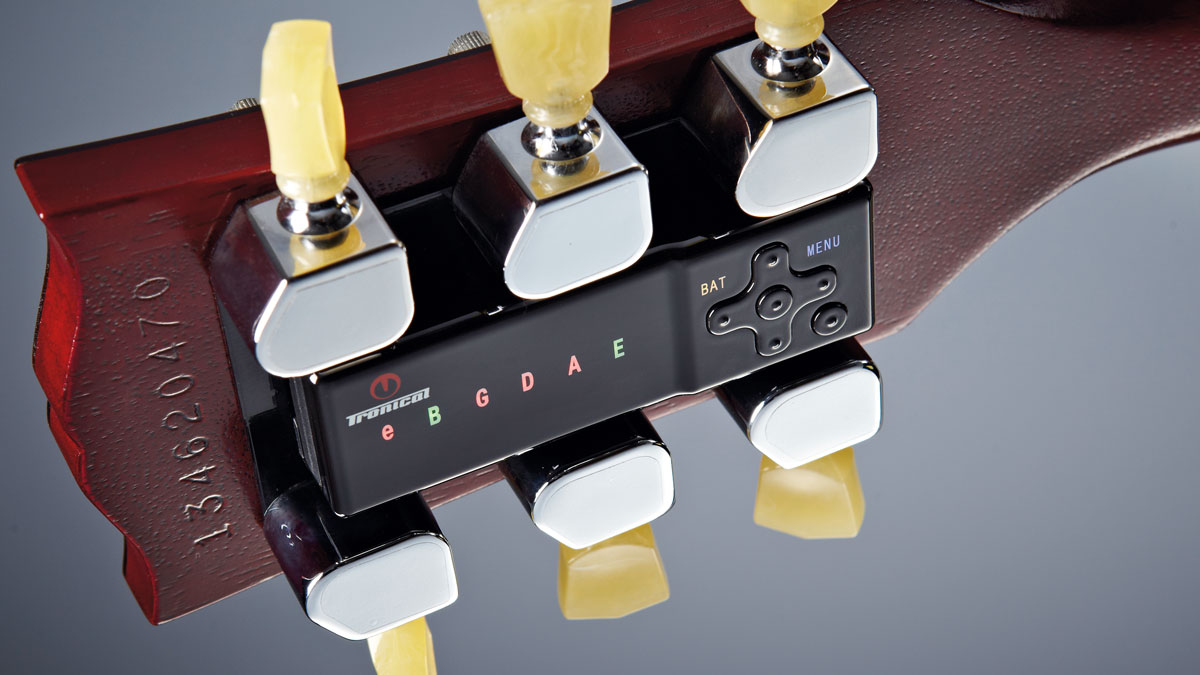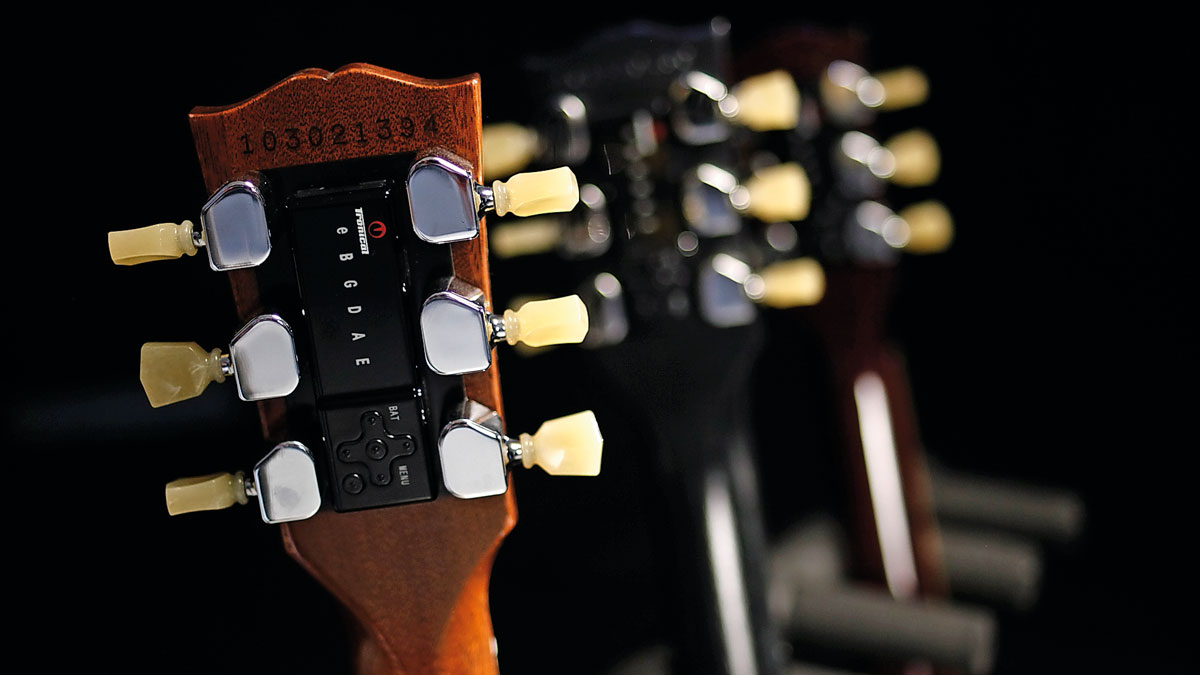Gibson to sue Tronical as it brands auto-tuning firm’s lawsuit “a public relations stunt”
Troubled guitar giant alleges German firm's claims of damages are "unsubstantiated"

Last week’s news that Tronical, the market leader in automatic tuning systems for guitars, is suing Gibson for $50 million sent shockwaves around the industry. Now, Gibson has issued a response, dubbing the lawsuit “a public relations stunt”.
The troubled guitar giant says the statement issued by Tronical CEO Chris Adams, which claimed that Gibson had breached an “exclusive research and development agreement with Tronical”, was designed “to hide the fact that Tronical and Mr Adams were sued last year by Gibson, alleging that they currently owe Gibson several millions of dollars in damages”.
The statement goes on to say that “Gibson provided Tronical and CEO Chris Adams with more than $13.5 million dollars in funding to create and develop auto tuners exclusively for Gibson.
Despite the millions that Gibson previously paid Tronical and Mr. Adams, they have been unwilling or unable to account for the monies provided by Gibson
Gibson statement
“Despite the millions that Gibson previously paid Tronical and Mr. Adams, they have been unwilling or unable to account for the monies provided by Gibson, have failed to fulfil agreed-upon orders for products, and have failed to return money that was prepayment for goods never delivered.”
Tronical's statement, issued to MusicRadar on the day of its own lawsuit announcement, reads, "Tronical is claiming licensing fees to the amount of 23 million US dollars from the share in the profits agreed in the contract, and a further 27 million US dollars on the grounds of Gibson’s breach of contract of the exclusive research and development agreement with Tronical, which Gibson should have met by 2026."
Gibson, which is also facing a potential $520 million in debt and even bankruptcy, says its lawsuit is currently pending in US District Court for Middle District of Tennessee.
The guitar co claims that, “Instead of supplying the product or returning Gibson's money, Tronical retaliated by filing its own lawsuit in Germany and is attempting to avoid appearing in the United States to address the merits of Gibson's lawsuit.
Get the MusicRadar Newsletter
Want all the hottest music and gear news, reviews, deals, features and more, direct to your inbox? Sign up here.
According to Gibson, Tronical’s claims of damages - $23 million share in profits and $27 million for the breach of the R&D exclusivity contract - “are unsubstantiated by any court filings in either Germany or the United States.”
It concludes, “Gibson is confident it will ultimately prevail in its lawsuit against Tronical and Mr. Adams.”
The story so far

Tronical’s technology has been marketed on Gibson guitars as the G-Force automatic tuning system (previously known as Min-ETune), and was first introduced to the guitar giant's electrics with the advent of the Robot Guitar in 2007.
The tech became standard issue with the launch of Gibson's controversial 2015 range, but following a mixed reaction among guitarists, it was assigned to High Performance electrics only in 2016 and 2017, and appears on just a handful of models in the 2018 line-up.
Gibson’s ongoing debt problems have already led to staff layoffs, factory closures and sales of existing brands, including Cakewalk.
For the full story on Gibson’s troubles so far and how we think the company can bounce back, have a read of our in-depth feature, Gibson: how did we get here?
Mike is Editor-in-Chief of GuitarWorld.com, in addition to being an offset fiend and recovering pedal addict. He has a master's degree in journalism, and has spent the past decade writing and editing for guitar publications including MusicRadar, Total Guitar and Guitarist, as well as a decade-and-a-half performing in bands of variable genre (and quality). In his free time, you'll find him making progressive instrumental rock under the nom de plume Maebe.
“Its mission is simple: unleash the power of any amplifier or line-level source without compromise”: Two Notes promises a “watershed” in tube amp control with the Torpedo Reload II
MusicRadar deals of the week: Enjoy a mind-blowing $600 off a full-fat Gibson Les Paul, £500 off Kirk Hammett's Epiphone Greeny, and so much more












